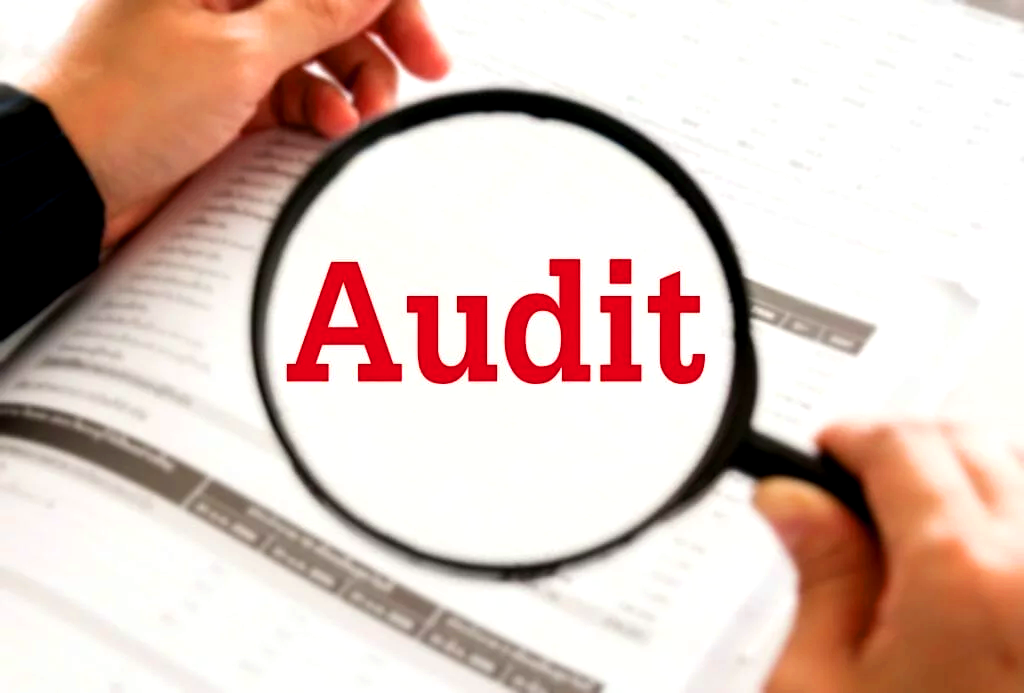10 Ideas for Analyzing the Emotional Impact of Divorce In 2024

10 Ideas for Analyzing the Emotional Impact of Divorce In 2024? Divorce is a life-altering event that reverberates with emotional complexities. Understanding and analyzing the emotional impact is crucial for a healthy post-divorce adjustment. In this guide, we’ll delve into ten comprehensive ideas to help you navigate the intricate landscape of emotions after a divorce. From self-reflection to seeking professional support, this article provides a roadmap for those seeking solace and healing.
The Power of Self-Reflection in Post-Divorce Healing
Navigating the emotional aftermath begins with introspection. Explore your feelings, identify patterns, and understand the emotions driving your reactions. Self-awareness is the first step towards healing.
Seeking Support: Building a Strong Emotional Network
No one should navigate the turbulent waters of divorce alone. Cultivate a support network of friends, family, or support groups. Sharing your feelings and experiences can be remarkably therapeutic.
Understanding Grief: A Natural Response to Loss

Grieving is an inevitable part of divorce. Acknowledge and allow yourself to grieve. Understanding the stages of grief can provide insights into your emotional journey.
Professional Guidance: Therapy and Counseling
Engaging with a therapist or counselor offers a structured and professional approach to dealing with divorce-related emotions. Professional guidance can provide coping strategies tailored to your specific needs.
Journaling: A Therapeutic Outlet for Emotions
Expressing your thoughts and emotions through journaling can be a powerful tool for self-discovery and healing. Documenting your journey provides clarity and perspective.
Building New Connections: Socializing After Divorce
Rebuilding your social life is essential for emotional recovery. Engage in activities, join clubs, and make new connections. A vibrant social life fosters a positive environment.
Mindfulness and Meditation: Finding Inner Peace
Embrace mindfulness practices and meditation to center yourself. These techniques promote emotional balance, reduce stress, and enhance overall well-being.
Setting Boundaries: Protecting Your Emotional Space
Establishing clear boundaries with your ex-partner and others involved is crucial for emotional stability. Protecting your emotional space allows for healing without unnecessary interference.
Financial Wellness: Alleviating Emotional Stress
Financial strain is a common side effect of divorce. Take proactive steps to manage your finances, reducing stress and promoting emotional well-being.
Forgiveness: A Key to Emotional Liberation
Divorce is often accompanied by a tumultuous sea of emotions—anger, resentment, betrayal. In the aftermath, navigating these emotions becomes a crucial aspect of the healing process. Among the myriad of coping mechanisms, forgiveness stands out as a powerful and transformative tool.
Understanding the Weight of Unforgiveness

Holding onto grudges and nurturing resentment can be likened to carrying a heavy burden. The weight of unresolved emotions can hinder personal growth and impede the journey to emotional recovery. Unforgiveness keeps us tethered to the past, limiting our ability to move forward.
The Liberating Power of Forgiveness
Forgiveness is not about condoning the actions that led to the divorce; rather, it’s a conscious choice to release the grip of negativity on our emotional well-being. Liberating oneself through forgiveness is an act of self-compassion, a decision to prioritize personal healing over harboring resentment.
Forgiving Yourself: A Crucial Step
Often overlooked in the forgiveness process is the need to forgive oneself. Divorce can trigger feelings of guilt and self-blame. Acknowledging and forgiving our own mistakes is fundamental to emotional liberation. It’s an essential step towards rebuilding self-esteem and fostering a positive self-image.
Breaking the Cycle of Resentment
Forgiveness breaks the cycle of resentment, allowing individuals to reclaim control over their emotions. It doesn’t erase the past, but it empowers us to redefine our narrative, free from the shackles of bitterness. By letting go, we create space for new beginnings and a brighter emotional future.
The Timing of Forgiveness
The journey towards forgiveness is highly individualized. There is no set timeline, and forcing oneself to forgive prematurely may be counterproductive. It’s essential to honor the healing process and allow forgiveness to unfold naturally. Seeking professional guidance can provide valuable insights during this journey.
Forgiveness and Co-Parenting
For divorced couples with children, forgiveness becomes a cornerstone of successful co-parenting. Navigating shared responsibilities with bitterness only perpetuates conflict. Embracing forgiveness fosters a healthier co-parenting dynamic, prioritizing the well-being of the children involved.
Embracing Emotional Liberation

In conclusion, forgiveness is not a one-time event but a continuous process. It’s a gift we give ourselves, freeing our hearts from the chains of resentment. Embracing forgiveness is a courageous step towards emotional liberation, allowing us to cultivate resilience, foster positive relationships, and embark on a new chapter post-divorce.
Read More: Role of Family Law Attorney: Navigating the Legal Maze of Family Matters
Conclusion : Impact of Divorce
Navigating the emotional impact of divorce is a unique journey for each individual. These ten ideas provide a roadmap for self-discovery, healing, and the gradual rebuilding of a fulfilling life post-divorce. Remember, seeking professional help and leaning on your support network are signs of strength, not weakness.
FAQs : Impact of Divorce
How long does it take to recover emotionally after a divorce?
Recovery varies, but with the right support and strategies, emotional healing can begin within months and continue over several years.
Is professional therapy necessary for everyone going through a divorce?
While not mandatory, therapy provides valuable tools for emotional recovery. It’s a personal choice based on individual needs and circumstances.
Can children of divorce follow the same emotional healing strategies?
Yes, adapting strategies for age-appropriate discussions and activities can help children navigate their emotions effectively.
Is forgiveness essential for emotional healing after divorce?
Forgiveness is a powerful catalyst for emotional liberation, but the timing varies for each individual. It’s a personal journey.
How do I balance rebuilding my social life while respecting alone time?
Creating a balance involves setting clear boundaries and gradually integrating social activities, allowing for personal space and growth.
Should I avoid all contact with my ex-partner for emotional healing?
Establishing boundaries is crucial, but complete avoidance may not be practical, especially in situations involving shared responsibilities. A measured approach is recommended.







